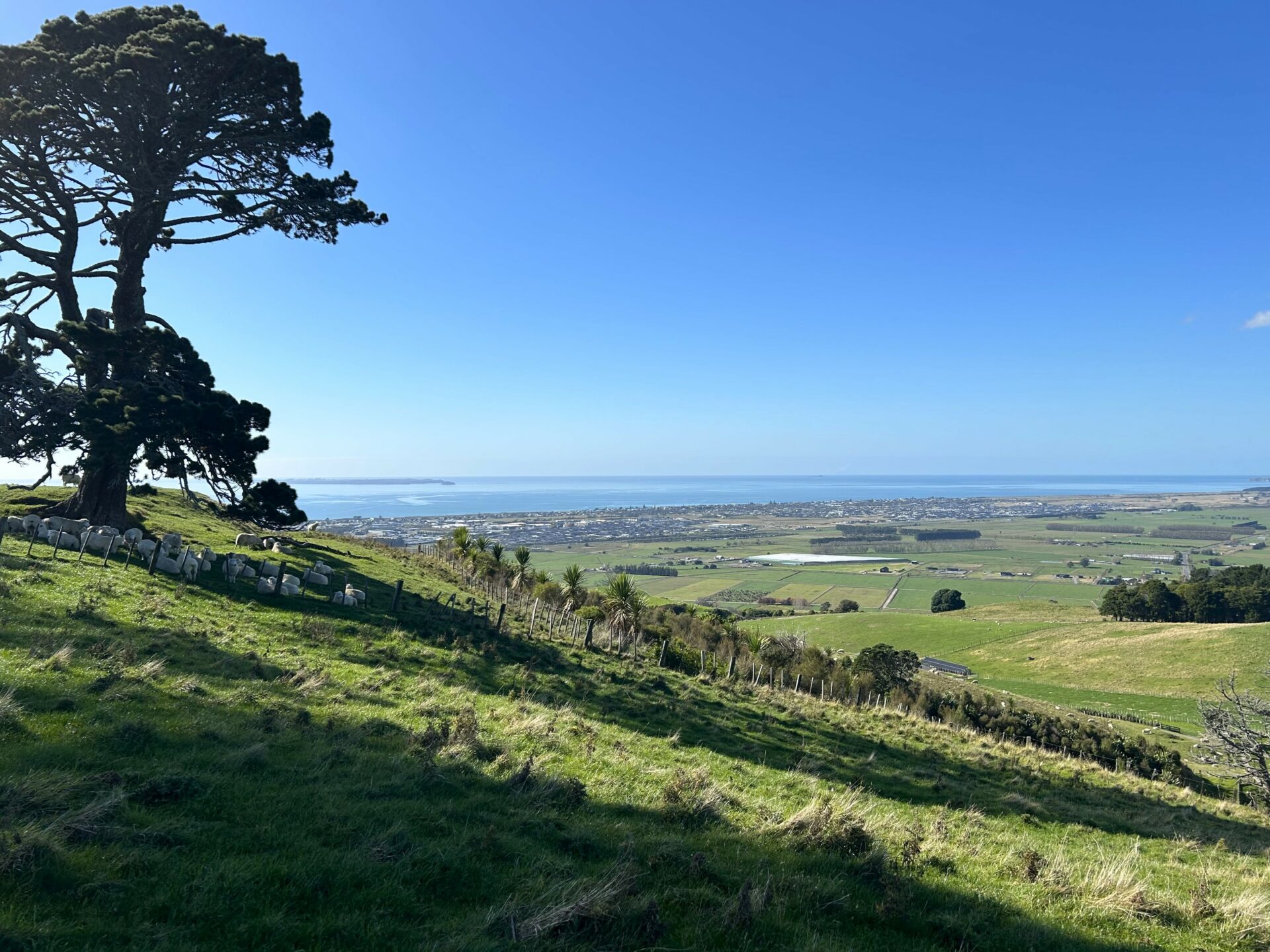The Environment Court has sent a sharp lesson to expert witnesses (and counsel) about the dangers of failing to comply with the Expert Witness Code of Conduct in two recent decisions.
Britomart extension case
The first case, Tram Lease Ltd v Auckland Council [2015] NZEnvC 137, involved an appeal by Tram Lease Ltd (TLL) against Notices of Requirement to create a 3.4km underground railway line linking Britomart and the North Auckland Line. The Court began by raising its concerns with the experts’ decision to terminate expert conferencing part way through the process, which as a result, saw the Court faced with voluminous evidence and highly polarised parties. The Court was highly critical of this, noting it was contrary to the Court’s expectations of conferencing and necessitated further conferencing and the production of a statement of issues in dispute, all of which resulted in further time and cost in the proceedings. Counsel also did not escape criticism, with the Court reminding counsel of their responsibility to ensure witnesses undertake conferencing to a professional conclusion and manage client expectations in this regard. Significantly, the Court went as far as to comment that it may consider adopting the New South Wales approach of limiting experts to one Court-sanctioned witness per discipline. Turning to the expert evidence, the Court had “significant” concerns with TLL’s planning evidence, finding that it was “unconstructed, unsupported by much reasoning” and used “pejorative and unprofessional expressions about other people and other evidence”. The Court’s key concerns with the planning evidence were:
- The tendency for over-confident assertions of opinion without professional analysis of fact, planning instruments or other evidence.
- The witness’ approach of asking the Court to “trust his judgement” based on previous experience in infrastructure projects.
- Numerous statements which amounted to advocacy, which was contrary to the Expert Witness Code of Conduct.
- Approaching evidence in chief by starting with a strong negative advocacy position supported by little reasoning.
- Offering conclusions on matters that should be left for the Court (i.e. the ultimate issue of the case).
The Court was sufficiently concerned that it took the rare approach of questioning the planning witness on the obligations in the Code of Conduct and offering the witness the opportunity to resile or amend his position, which he chose not to do. The Court again levied criticism at counsel, reminding counsel that its duty is to ensure witnesses perform professionally from the earliest stage of the proceedings. The witness’ conclusions on the ‘ultimate issue’ proved particularly concerning for the Court. The Court noted that evidence which attempts to supplant the Court’s role as the ultimate decision maker on issues central to the case can result in that evidence being inadmissible (citing the recent Privy Council decision in Pora v R [2015] NZPCI; [2015] UKPC 15 (3 March 2015)). However, due to the belated outcomes of conferencing and narrowed issues in dispute, much of the planner’s evidence was not needed and the Court was not required to make a finding on this issue. Ultimately, the appeal was unsuccessful.
Mt Albert viewshaft case
The second case, Tram Lease Ltd v Auckland Council [2015] NZEnvC 133, involved TLL as an appellant against a plan change proposing a viewshaft toward Mt Albert over TLL’s land. A differently constituted Court again raised concerns with TLL’s same planning witness failing to comply with the Code of Conduct. The Court again reiterated that an expert witness’ overriding duty is to assist the Court impartially, not determine the ultimate issue of the proceedings, and that attempting to do so may make that evidence inadmissible (also citing R v Pora). The Court was particularly critical of planners taking this approach in complex cases, commenting: “This Court, as the fact finder, must reach conclusions based on a multi-faceted interplay of fact (existing and predictive), analysis and projections, law, and often elements of integration and judgement. It is a complex task integrating a series of disciplines. We cannot see how an expert in a single discipline can reach a conclusion on the ultimate issue where the outcome requires such integration.” The Court traversed the duty of an expert witness and the role of opinion evidence, considering that higher standards of accuracy and objectivity are required if opinion evidence is to carry any weight with the Court. The Court concluded that an expert opinion must be predicated upon:
- The law and facts as they apply to the situation;
- Other assumptions that the witness must express in their opinion; and
- The coherence and reasoning process – being how the law, facts and assumptions lead to the opinion.
For a number of reasons (similar to those in the Britomart case), the Court found that the planner’s evidence failed the above thresholds and overall was “unhelpful, obfuscatory, and without underpinning rational extension from existing plans, facts or law.” The evidence was disregarded in its entirety and the appeal was unsuccessful. Unsurprisingly, the Court commented that the conduct of the appellant’s case may justify the respondent council seeking costs.
Lessons to be learned
The TLL cases demonstrate the need for expert witnesses to remain mindful of their duties under the Code of Conduct to be objective, impartial and helpful to the Court when preparing and giving opinion evidence. The cases also serve as a reminder of the importance of ‘going back to basics’ when preparing evidence by ensuring an opinion is supported by clear, concise reasoning and analysis based on fact and evidence. Finally, and possibly the most critical, experts should avoid offering a conclusion on the ultimate issues of the case. That determination sits with the decision-maker. Overall, the key message for expert witnesses is to stick to the Code of Conduct and you can’t go wrong. Counsel are equally responsible for ensuring this occurs. As we see from the TLL cases, failing to do so risks incurring the wrath of the Court, which can have serious consequences for an expert’s reputation and the client’s interests.



